The Metastatic Spread of Breast Cancer Accelerates During Sleep
A breast cancer study from Nature found that circulating tumor cells (CTC), which later form metastases, primarily arise during the sleep phase.
First, the researchers sought to determine the abundance and composition of CTC in 30 hospitalized women with progressive breast cancer—who had no treatment or were temporarily off-treatment—and consented to donate blood during the active (10 am) and rest (4 am) phases of the same day.
The overwhelming majority of CTC (78.3%) were obtained at night during the rest phase, including single CTC, circulating tumor cell clusters, and circulating tumor cell-white blood cell clusters.
They also sought to assess the metastatic ability of CTC during sleep using a xenograft model. Rest-phase CTC were highly prone to metastasize, while those generated during the active phase were devoid of metastatic ability.
Single-cell RNA sequencing analysis of CTC found a marked upregulation of mitotic genes exclusively during the rest phase in both patients and mouse models which enables metastasis proficiency.
Finally, the investigators sought to identify regulators of circadian rhythm-driven circulating tumor cell generation and proliferation.
Proliferation and intravasation of breast cancer cells were dictated by daily oscillations in key circadian-rhythm-regulated hormones such as melatonin, testosterone, and glucocorticoids. In turn, the action of these hormones influenced the dynamics of breast cancer metastasis.
“Our research shows that the escape of circulating cancer cells from the original [tumor] is controlled by hormones such as melatonin, which determine our rhythms of day and night,” lead author Zoi Diamantopoulou, PhD, a postdoctoral researcher at the Swiss Federal Institute of Technology, Zurich, said in a statement.
These findings offer new insights into the processes that dictate the generation of metastasis-competent CTC.
“Thus, the spontaneous generation of CTC with a high proclivity to metastasize does not occur continuously, but it is concentrated within the rest phase of the affected individual, providing a new rationale for time-controlled interrogation and treatment of metastasis-prone cancers,” Diamantopoulou and colleagues wrote in the Nature study.
--
Reference:
https://www.nature.com/articles/s41586-022-04875-y
https://ethz.ch/en/news-and-events/eth-news/news/2022/06/pr-breastcancer-is-nocturnal.html
Disclosures: Authors declared financial ties to drugmakers. See full study for details.
Photo Credit: Getty Images.
By Michael Vlessides, MD /alert Contributor
.jpg)
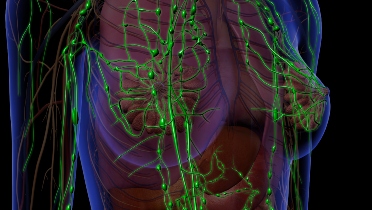







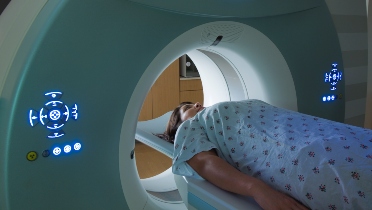



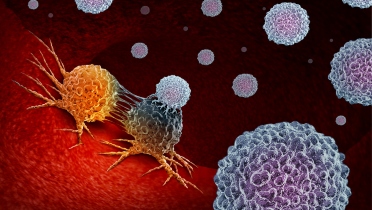
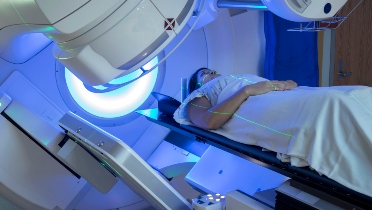


.jpg)
.jpg)
.jpg)

.jpg)
.jpg)
.jpg)

.jpg)

.jpg)
.jpg)

.jpg)
.jpg)
.jpg)
.jpg)
.jpg)

.jpg)

.jpg)
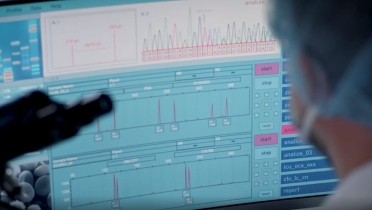
.jpg)
.jpg)


.jpg)
.jpg)
.jpg)

.jpg)
.jpg)
.jpg)
.jpg)
.jpg)


.jpg)
.jpg)

.jpg)
.jpg)
.jpg)

.jpg)
.jpg)
.jpg)
.jpg)
.jpg)
.jpg)
.jpg)
.jpg)
.jpg)
.jpg)
.jpg)
_.jpg)
.jpg)
.jpg)

.jpg)

.jpg)
.jpg)


.jpg)
.jpg)
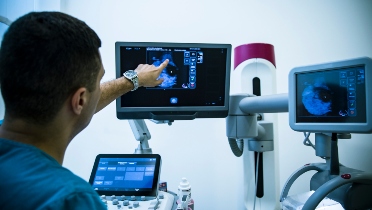
.jpg)
.jpg)
.jpg)
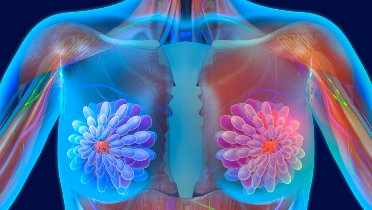
.jpg)
.jpg)



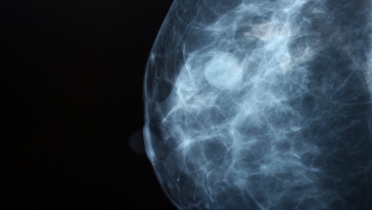


.jpg)
.jpg)
.jpg)
.jpg)
.jpg)
.jpg)
.jpg)
.jpg)
.jpg)

.jpg)
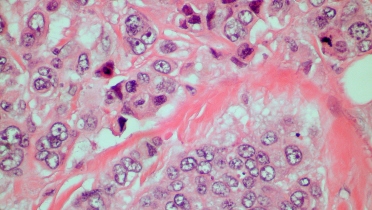
.jpg)
.jpg)
.jpg)

.jpg)
.jpg)

.jpg)
.jpg)
.jpg)
.jpg)
.jpg)

.jpg)
.jpg)
.jpg)
.jpg)
.jpg)
 Featured Breast Cancer Videos
Featured Breast Cancer Videos.jpg)